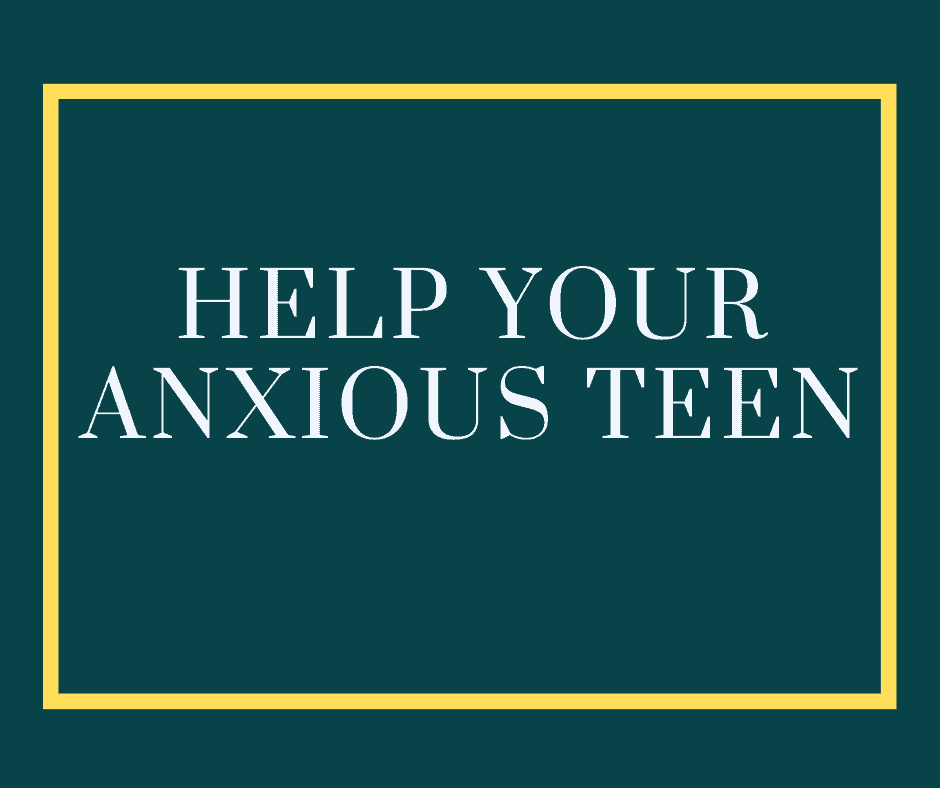Podcast: Play in new window | Download
Subscribe: Apple Podcasts | Spotify | Amazon Music | RSS | More
What Do You Want For Your Child?
If you answered like most parents, you’ll say we want them to be happy.
Well, I’m the mom of 5 boys and they’re pretty happy sitting in front of Xbox eating processed food out of a bag.
So does that mean I’m done as a parent? I can sit back and smile?
Nope. When I dig a bit deeper we discover we want them to feel confident in themselves, to feel like the world is a supportive place, to have the skills to manage big emotions.
How Do They Get There?
Through life experiences;
Through making independent choices;
Through trying new things;
And yes, through bumps and bruises.
And yet… most of us are running around trying to micromanage all of these experiences to make sure they don’t have bumps or bruises. We have apps on our phone to make sure they’re turning in their homework, to monitor what they’re doing online, to check their location at any moment of the day. We are likely to call a coach or a teacher if we think our kid was slighted in any way. We want them to be independent yet don’t set them free to have that independence or bumps and bruises.
When We Know Better We Do Better
I’m not trying to shame you if you routinely check their homework or location. Trying to control our kids’ lives gives us an illusion of calm and feels good. Plus it’s what everyone else is doing so until you learn how it impacts our kids, why would you choose to do differently? We are fed the story that if we let go of control everything will fall apart.
I saw evidence of this when I went to back to school night at my sons’ high school last month. I was one of the few parents who wasn’t writing down teachers contact information or asking how to check their kid’s progress online. Why? Because if my kid has a problem in class, my kid gets to negotiate that problem. I am here to help and assist them as they learn how to have a difficult conversation with an adult or advocate for themselves. I am not here to do it for them.
When we parent out of fear, we raise fearful kids who are not confident in their abilities. Study after study shows that parenting out of fear create anxious kids who believe the world is a scary place. This is not my goal! How about you?
How Can You Tell If You’re Parenting Out of Fear?
Author Amy Morin offers this checklist in her book 13 Things Mentally Strong Parents Don’t Do:
-I go to great lengths to make sure my child doesn’t feel afraid
-I’m overprotective of my child much of the time
-I worry about my kids most days
-I rarely allow my child to go places or do things because I worry that he’ll get hurt.
-I think it’s my job to prevent my child from being criticized.
-I devote a lot of my energy into thinking about the worst case scenarios.
-When my child is scared or upset I am quick to jump in and rescue him.
-I spend more energy calming my child than teaching him how to calm himself.
-Much of my energy goes toward reducing risks my child may face.
How many of those did you check off? There’s no shame here. We live in a society that feeds this fear and they don’t have required parenting classes before childbirth. This post is not about creating shame or the thought that you are a bad parent or “ruining” your kid. It’s about shining awareness on how we may be parenting so that we can begin to shift.
Change Starts With Consciousness
When we become conscious of what we’re doing and how we’re parenting, we can choose differently. When we look and learn at what is driving our parenting, we can see how it is affecting our families and choose to change. When we become conscious of how we’re parenting we can see if our actions are moving us closer or further from achieving our goals.
One concrete way to see how parenting out of fear negatively affects our kids and their confidence is to look at different thought downloads using the thought model (Review of the Thought Model here):
Circumstance: Son has a lot of work to do
Parent’s Thought: He won’t get it done.
Feeling: Fear
Action: Nag. Reminding him to do work. Send him the message loud and clear that you don’t believe in him or his ability.
Result: Send him message that you don’t believe in him or his ability. Since what we say to our kids often becomes their inner voice, they learn to not believe in themselves and boom: result from nagging? Prove your thought true. He won’t get it done because he won’t believe he can get it done.
As busy parents we often lose sight of the big picture when parenting. The thought model helps us bring consciousness to our parenting to see how are our actions affecting our kids.
Circumstance: Kid wants to bike around the block
Parent’s Thought: There are many risks out there. They may get hit. They may get kidnapped. They may…
Feeling: Fear
Action: Don’t allow kid to bike
Result #1: Kid learns to believe they’re not capable of taking risks so they don’t in other areas of their lives.
Result #2: Kid learns world is a bad place full of bad things that may randomly happen to him/her. They shy away from living a full life
Let’s Manage Our Anxiety Without Using Our Kids
As you might expect, a parent’s fear has nothing to do with their kid and everything to do with them. When I was parenting out of fear, it helped me manage my anxiety yet didn’t move my kids towards resilience or autonomy. I’m an adult. I needed to learn how to manage my anxiety without involving my kids. When I reflect on some of my less-fine parenting moments, I can see how I was driven by fear. Why did I nag him to work on his science project instead of let him go at his rate? Why did I push him to look my friend in the eye when he said hi? Why did I push him to play that sport he didn’t like?
Fear, fear, fear.
Fear he might fail (science project); Fear of what others may think (my friend), Fear he may feel an uncomfortable emotions (regret) There is usually fear behind my less-fine parenting moments and the more aware of it I am, the better I can control it so as to parent my child instead of drip my issues on to him.
The more aware parents are of what’s driving us, the calmer and more in control we can be. #ConsciousParenting #Mindfulparenting Share on X
We need to know what is behind our actions. We are the adults. We get to act consciously. The more parents who learn about themselves and how to manage their minds, the better our world will be. Why? The more conscious I am of why I’m doing what I’m doing, the calmer and more mindful of others I can be. The more people who are consciously choosing what they say and what they do instead of reacting, the kinder our world will be.
Self Exploration
The place to start is by learning about yourself. Exploring what your triggers are, how you were parented, and how you parent. Explore Yourself.
This is not about placing blame or shame on yourself. Your actions are fueled from a place of good intentions but now it’s time to move forward. Love isn’t about you sheltering them from failure. Love is about you learning how to manage your worry, your big emotions, and how to support them as they undoubtably fall down. Last week’s podcast walked us through the 3 steps to feel these big emotions. This works for you and for your kid. Age doesn’t matter. We are designed to feel the emotions and life is so much better and calmer when we know we can handle the emotions that come their way.
Parenting is a Self Growth Journey on Steroids
Parenting is a path with many twists and turns. Be kind to yourself while doing this. Remember it’s normal to fear your son or daughter failing and falling apart. Try not to beat yourself up for feeling the fear while not allowing yourself to sit and wallow in that fear either. Part of being the parent is putting on those big girl panties and learning how to manage your fear so that you can allow them to fail.
We are conditioned to parent out of fear. Take my quick online Parenting Class to learn another way.
Please share this episode with one other anxious parent. Our society conditions us to parent out of fear. If everyone who read this shared the message, we would start reversing that trend. The more people who go around taking steps to manage their minds the more of us who live lives we love.






